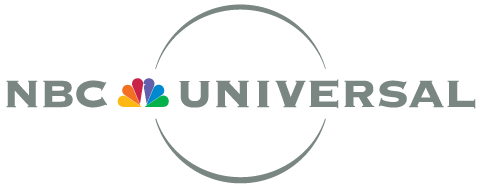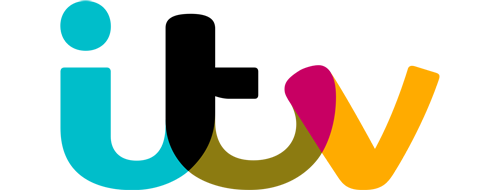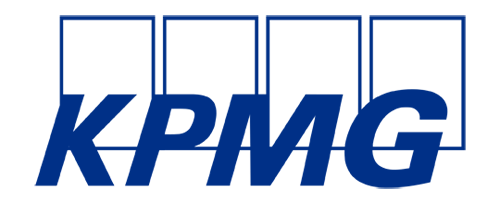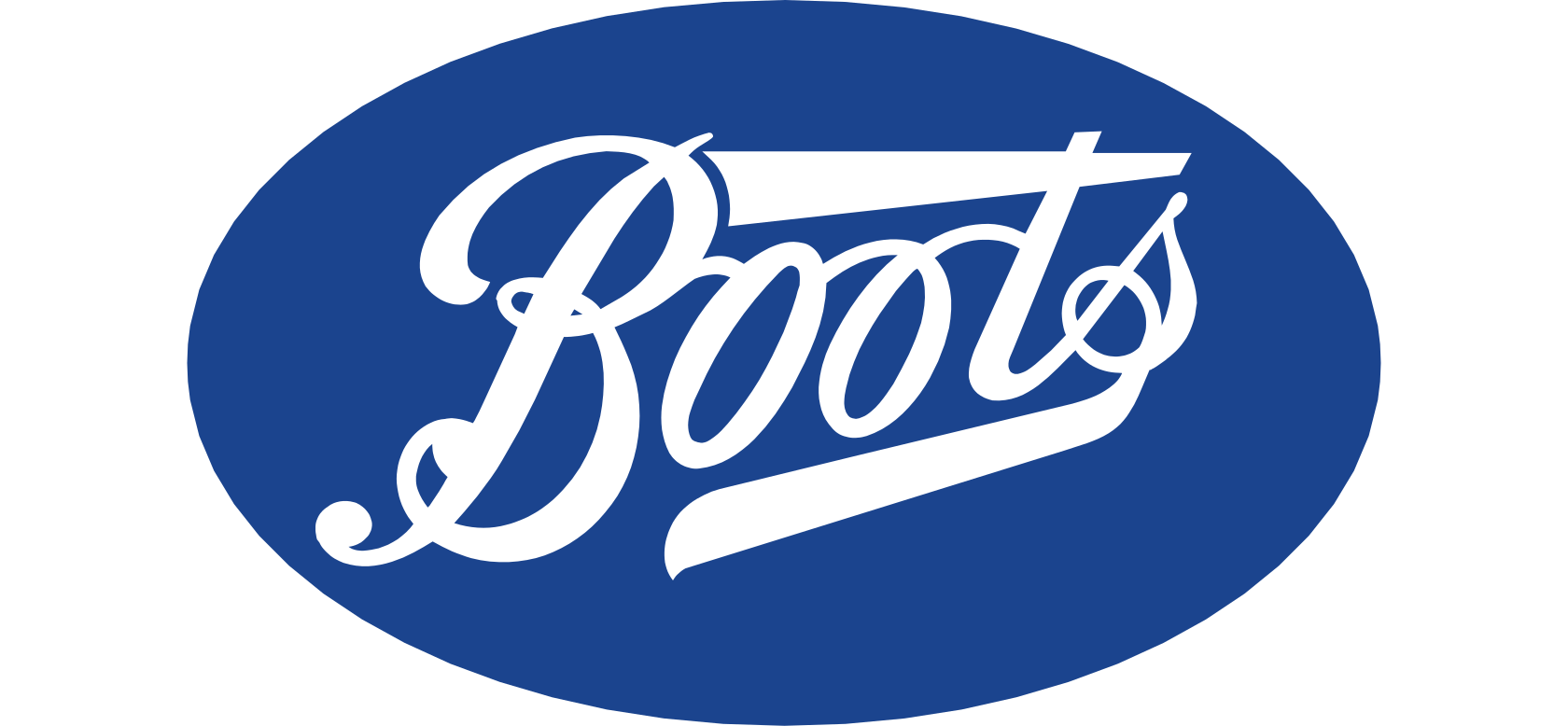Our clients include:






creativity training
We teach exercises and games taken from the world of improvised comedy, and use them as a framework to make teams and individuals more creative.
Are you making the most of the creative potential of your team?
Is everyone pulling their weight, sharing ideas, and collaborating positively with each other?
Are there silos within departments and between departments?
Do you have a defined process for brainstorms and creative meetings?
Does you organisation have a positive attitude to risk and failure?
We can solve these challenges for you in our creativity workshops. Where, in short, we teach you how to generate lots of brilliant ideas quickly.
Great ideas are produced by talented individuals working together positively with colleagues. Great ideas come from teams having productive creative meetings. And they come from people having great conversations around the office.
Brilliant brainstorms and creative conversations are supported by two key skills: LISTENING and saying “YES AND…”. And these two skills are what we focus on in our workshops.
Improvisation offers a fantastic grammar of collaboration, and that’s what we teach. Plus you’ll leave with a replicable process for ideation that you can use again and again.
listening
Everything we say contains “offers”. In improv, the word “offer” is used to describe an opportunity to develop an idea. It’s a bit of information, a notion, a phrase, that acts like a launching pad for a brilliant idea.
Often these offers are deliberate. But sometimes they are accidental: we unintentionally say something that someone else finds interesting and runs with.
Big Ideas come from developing small offers step by step from acorn to oak tree. But you can’t develop an offer if you haven’t heard it.
Sounds obvious, what’s the big deal?
Well, the trouble is most of us are actually bad listeners. And we don’t realise it.
It’s very easy not to listen properly. For example, say you are going to a creative meeting about a certain issue. You think you’ve got the answer. So the meeting essentially turns into a waiting game whilst you politely “listen” to others take their turn to present their idea, but are essentially just passing time until you can say your piece. You aren’t interested in developing other people’s ideas, you are barely taking in any of the information. You are stuck in your head, obsessing about your idea.
Thus often in brainstorms we stop becoming listeners and become salesmen instead. Trying to control the conversation stops the exploration and this is not a productive route to creativity.
The solution
The secret to avoiding the natural human disposition to listen poorly is firstly, self-awareness, and secondly, to train the skill of active-listening and listening without judgement, that is to be entirely present as you listen and not stuck in your own head. Improvisational comedy offers a brilliant framework to achieve these two objectives.
the philosophy of “Yes And…”
Hearing offers is just the start. When you’ve heard your colleague’s offer, you need to accept it optimistically and then help build on it. The alternative to saying “yes, and…” is to block by saying “no” or “yes, but…”. This stops an idea dead.
Blocking is disheartening to the person who has made the offer, which is unhelpful to a creative culture. But not only that, it’s also very wasteful: that is an idea that could have made you money.
Further, it’s not just about accepting someone’s offer, but how you accept it: accepting enthusiastically creates an atmosphere of collaboration. Imagine if you came back from work and your partner had made you a lovely lasagne, and you replied “great” in a monotone. Suddenly that doesn’t feel like saying “yes” at all.
One reason why people “block” is that they get the creative process in the wrong order. Improvisation teaches the importance of the suspension of judgement. Criticism should be the last step in the process, not the first.
We’re often disadvantaged when it comes to generating good ideas because we think too fast: our analytical brains shut off new ideas before they have fully emerged, in order to keep us safe and resist change. Too often we dismiss situations as problems, or as flawed, instead of twisting it, and reframing it as an unexpected opportunity.
Don’t kill an idea before it’s fully formed!
takeaways
A tool box of practical techniques and improv philosophies that will allow you and your team to be more creative than ever before. Plus: ways to blast through any creative block.
Ideas and techniques from improvisation to improve brainstorms. Including how to get the best out of everyone around the table: both introverts and extroverts. Plus the relevance of status to meetings, aimed at getting junior staff to speak up.
Essential insights into the science of creativity, so you understand common obstacles to creative thinking.
How to structure and facilitate a brainstorm using the techniques of “Yes, and”, “plussing”, and “showing your working”.
A positive attitude to risk and failure.
how improv fits into the creative process of a workplace
Improv is excellent at creating hundreds of new ideas from scratch. Improv and playfulness puts criticism and judgement on hold in order to open up, share ideas, and come up with ideas.
Later on in the process we can deliberately put back in criticism and judgement in order to use team members intellect and experience to pick the best ideas and move them forward to create finished competitive products.
We will take participants through the full creative process, so they are left with a thorough understanding of how improv, playfulness and creativity can be used in the workplace and where it stands in the overall creative process.













